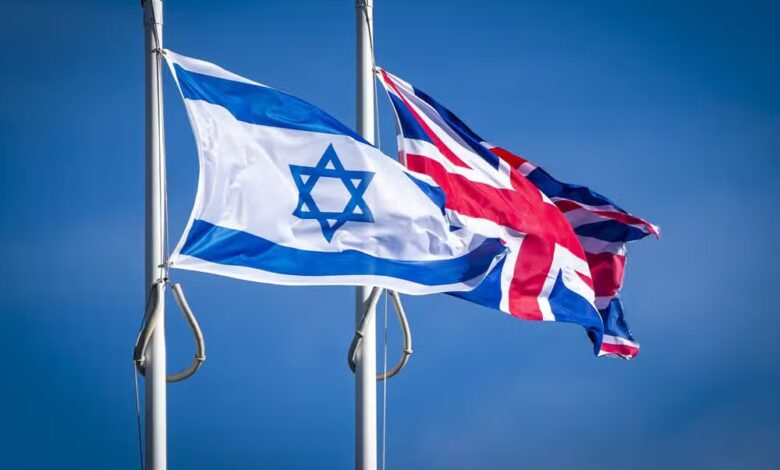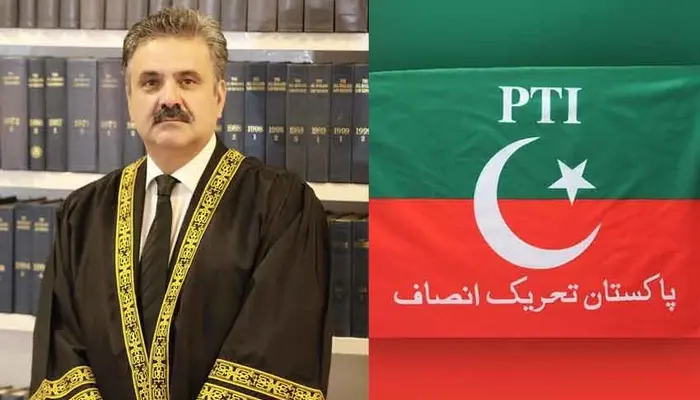
The UK government has suspended some arms export licenses to Israel, citing concerns that the weapons could be used to violate international humanitarian law. This decision follows international criticism of Israel’s actions in Gaza, where over 40,000 Palestinians have been killed.
Foreign Secretary David Lammy informed Parliament that 30 of the 350 arms export licenses to Israel are being suspended. These include components for military aircraft such as fighter jets, helicopters, and drones. However, parts for the F-35 fighter jets, except for those sent directly to Israel, are excluded from the suspension. This has sparked criticism from rights organizations and some members of Parliament.
Jeremy Corbyn, an Independent Member of Parliament, questioned whether the UK had played a role in flying surveillance drones over Gaza or if Israel had used a British military base in Cyprus to fly its jets. Lammy reiterated that the UK supplies less than 1% of the arms Israel receives, avoiding direct answers to Corbyn’s specific questions.
Amnesty International condemned the government’s decision, stating that it is “filled with loopholes and does not go far enough.” They argued that continuing to supply Israel with F-35 components is a failure in arms control and justice. They called for a complete halt to arms transfers without any exceptions.
Zarah Sultana, a Labour MP, criticized the government’s decision on social media. She described the temporary ban as insufficient, given Israel’s actions in Gaza. Sultana joined other critics in calling for a complete ban on all arms exports to Israel.
Israeli Foreign Affairs Minister Israel Katz expressed disappointment in the decision, claiming it sends a problematic message to Hamas and Iran. Supporters of Israel in the UK also criticized the government, particularly as the decision came a day after the bodies of six Israeli captives were found in Gaza.
The exclusion of F-35 parts from the suspension is particularly controversial. The British government stated that halting the supply of F-35 components would have a significant impact on the global F-35 fleet, with serious implications for international peace and security. This explanation has been met with skepticism, especially as Danish news outlet Daglabet Information, along with NGO Danwatch, confirmed the use of an F-35 stealth fighter in a specific attack in Gaza. The attack, which targeted a “humanitarian zone” for displaced Palestinians, resulted in at least 90 deaths and 300 injuries. The Israeli military claimed the target was Hamas military chief Mohammed Deif, though Hamas has not confirmed his death.
This is the first time the UK government has acknowledged the risk that UK-supplied weapons and components could be used in serious violations of international humanitarian law. Arms trade researcher Anna Stavrianakis highlighted the significance of this admission, noting that it legally obliges the UK to halt arms exports to Israel that might be used in such violations. However, she criticized the F-35 exemption as an “enormous loophole” that undermines the government’s stance.
Stavrianakis pointed out that Palestinians in the West Bank also face violence from Israeli forces using foreign-supplied weapons. She argued that UK-supplied weapons facilitate Israel’s occupation of Palestinian land and its apartheid system. Given the UK’s commitment to the Genocide Convention, she believes the UK should cease all military aid and cooperation with Israel.
In July, the International Court of Justice ruled that Israel’s continued presence in the West Bank and East Jerusalem is unlawful and should end as soon as possible. This ruling adds further weight to the arguments against the UK’s continued arms exports to Israel. Despite the partial suspension, the UK government’s decision leaves many critics unsatisfied, as they believe it falls short of addressing the broader issues at hand.
Follow us on Instagram, YouTube, Facebook, Whats App, and TikTok for latest updates.
















